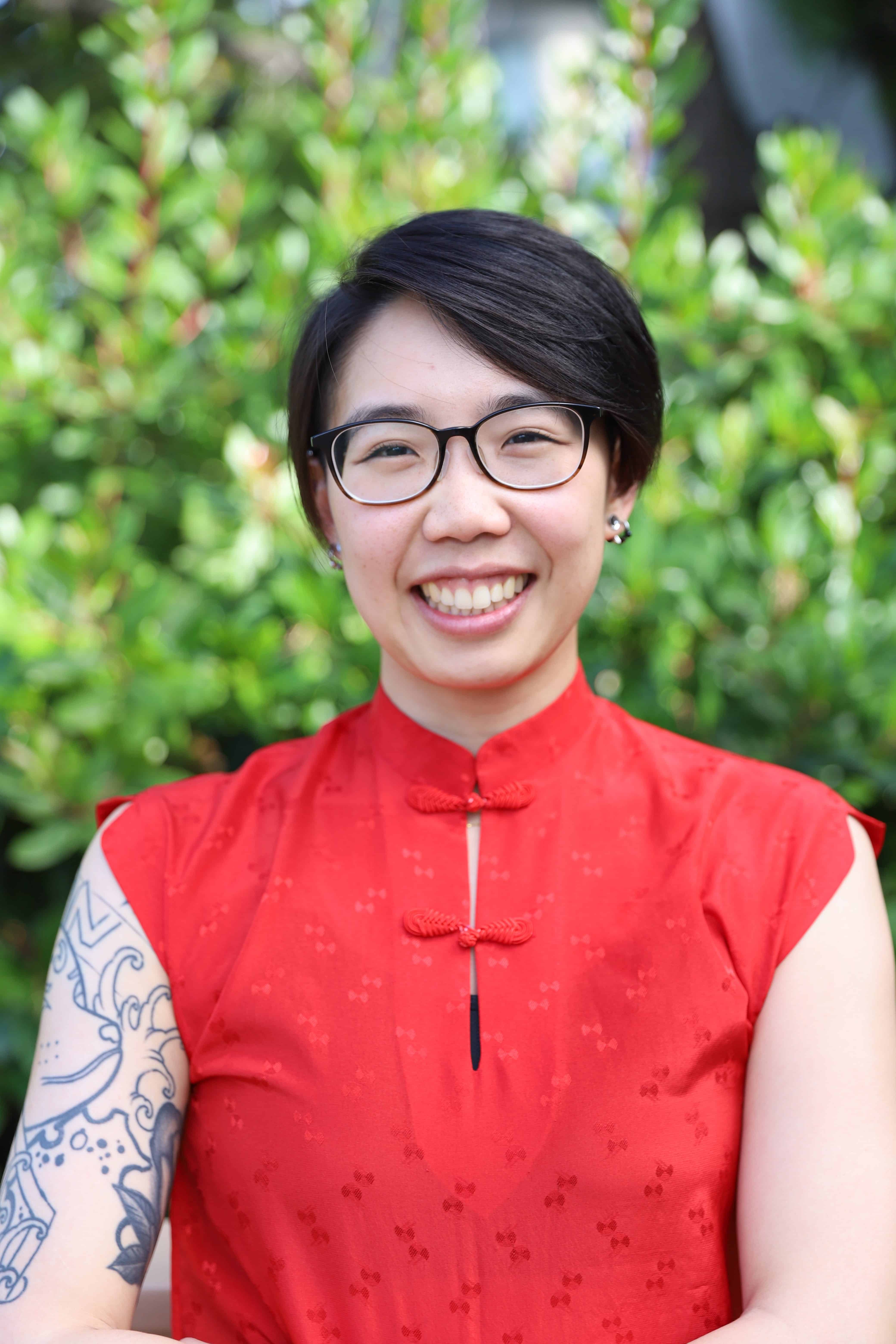Justine Fan
My Work
Therapy can be a vulnerable process, and finding someone who is the right fit is essential. If you’re looking for a therapist who brings warmth, authenticity, and a feminist sensibility to their work, I might be the right person to help!
Many of my clients are queer and trans people of color and/or 2nd generation immigrants navigating family relationships. I can offer a safe and affirming space to process feelings of cultural guilt, shame, and intergenerational trauma. I particularly enjoy working with people who are exploring intersections of their identities, especially around gender, sexuality, and culture. I also support clients with a variety of mental health concerns including depression, anxiety, burnout, and more.
I am deeply interested understanding in the stories that you hold about your life experiences. My clients gain a deeper understanding of their own internal motivations, and we use that to find more control and freedom in writing your own life story. I also incorporate practical tools to help my clients address painful feelings or thoughts. As a feminist therapist, I believe in honoring your choices, and support my clients to seek liberation from all forms of oppression.
If you’re interested in working with me, the first step is to schedule a free, 20-minute consultation. You’ll have a chance to get all your questions about therapy answered, with no pressure or obligation. I hope to hear from you soon!

Justine Fan, PhD (ze/zer)
Registered Psychological Associate #94026888
Supervised by Alexis Lopez, PsyD
Licensed Clinical Psychologist #31478
Currently Offering: In-Person Therapy in SF and Online Therapy in California
Therapy in Mandarin & English
My Story
I had always felt caught between cultures, growing up Taiwanese in a predominately Jewish community, and belonging to a Japanese temple. I was too American for my cousins and too Asian for my American friends. Most of my childhood was desperately trying to make myself fit, but not being able to put the feeling into words. I was always “too much” but no one could quite ever tell me what I needed to change about myself.
I learned very quickly to code switch, in order to navigate the intersecting cultures I was a part of and the conflicting identities that were expected of me. All this became more complicated after I came out as asexual and later trans. Gendered roles, cultural rules, expectations of how I “should be,“ everything from how I should look and dress to how I should behave. I learned to show facets of my personality, giving people what I thought they wanted to see of me, and usually this was enough. I learned to make myself smaller, more acceptable, less offensive. I’m still working to accept my “muchness” when the shrinking comes all too easily.
As a young person, I often found myself feeling confused, alone, and isolated. I didn’t have anyone to teach me how to name or process the feelings I was experiencing. I became a therapist, in part, to become the person that I needed back then. My experiences help me show up with my clients from a place of empathy. And they’ve given me a deep appreciation for the vulnerability the therapeutic process requires of the people I work with.
Fun facts about me: I have two cats that think they own the whole world and don’t understand why things can’t go their way. The only plant I can seem to keep alive is aloe.
